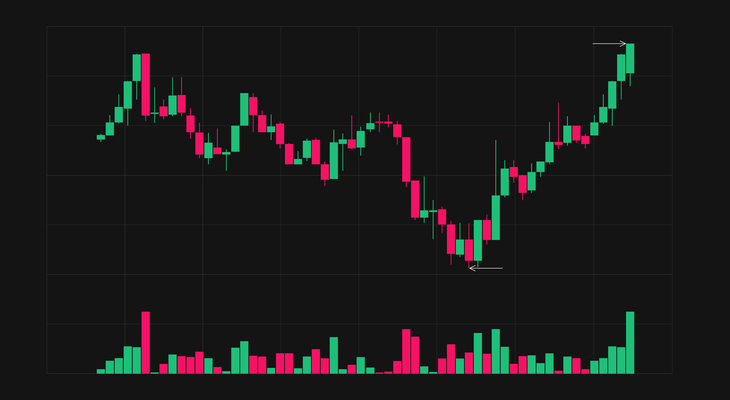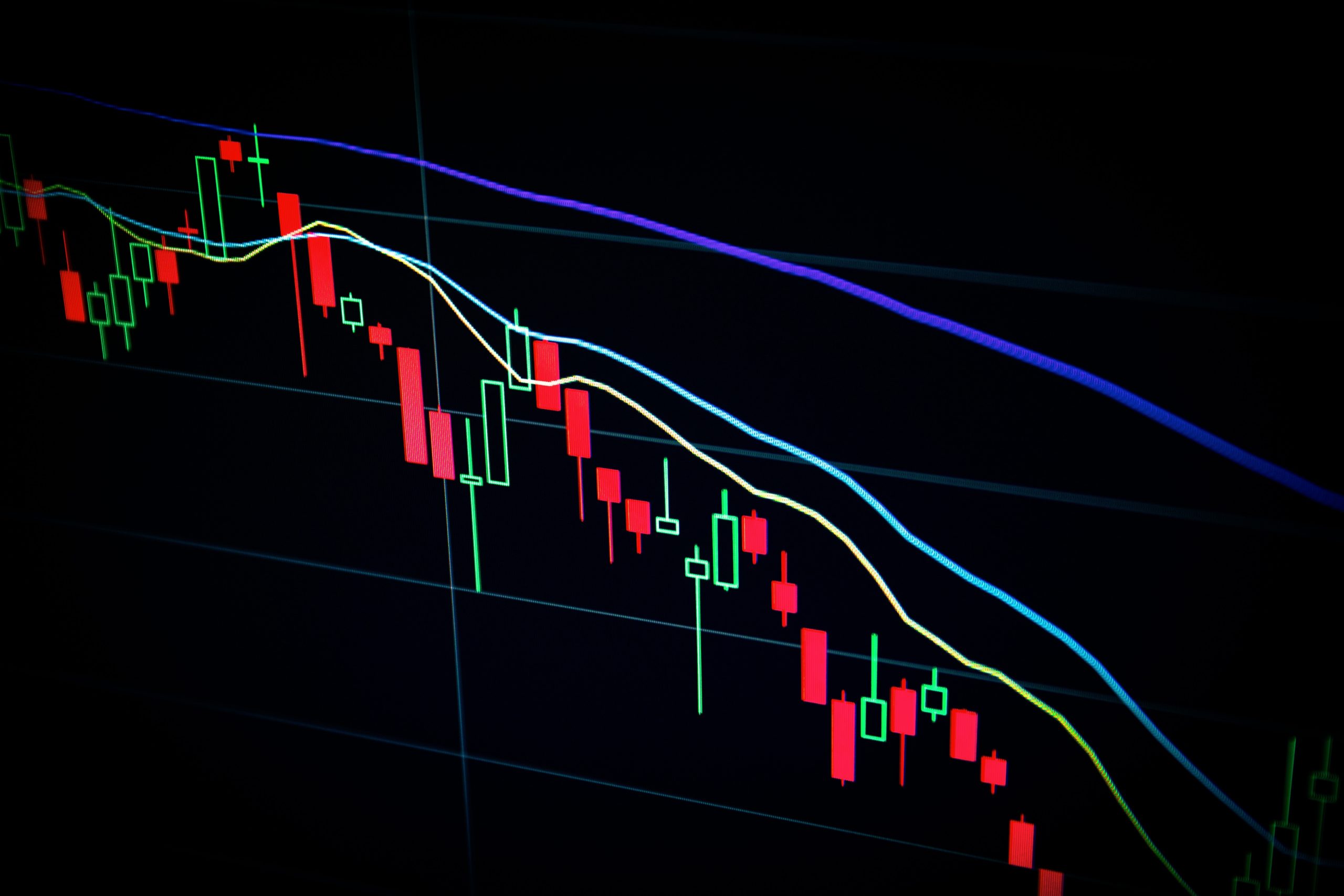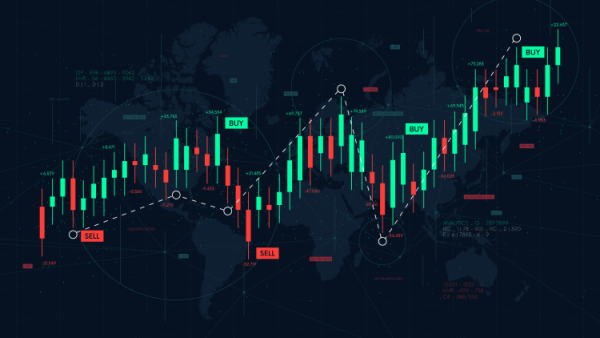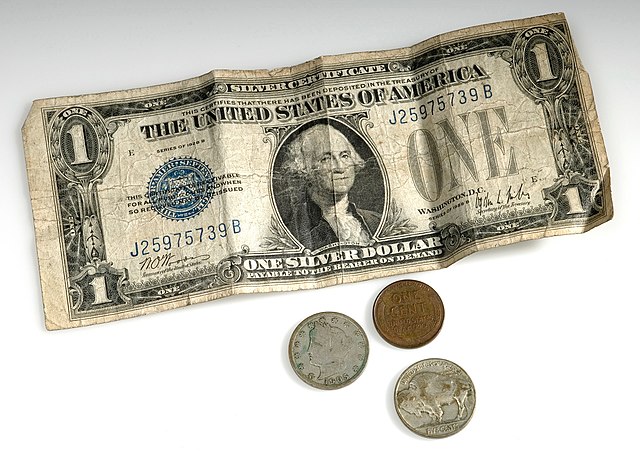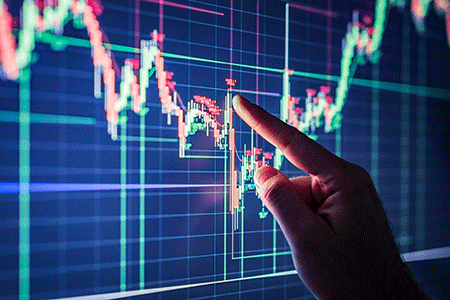The timeless truth of financial freedom is that knowledge is power. When it comes to forex trading, understanding balance, equity, and risk are essential to unlocking the secrets of successful trading.
This article will provide a comprehensive overview of the fundamentals of forex trading, examining the concepts of balance, equity, and risk in detail. It will explain what each term means, how they are calculated, and how they can be managed to maximize profits and minimize losses.
Along the way, the article will discuss the minimum balance required for forex trading, the major currency pairs, and the risk management rules that must be followed.
With this knowledge, traders can take their financial freedom into their own hands.
Key Takeaways
- Understanding the concepts of balance, equity, and risk is essential for successful forex trading.
- Forex balance refers to the total money in a forex account, while forex equity includes profits or losses from open positions.
- Risk management is crucial in forex trading and involves setting stop loss orders, diversifying positions, and limiting leverage.
- Traders must monitor their equity and ensure they have enough to cover potential losses.
Understanding Balance
Balance refers to the amount of money in a trader’s trading account which does not include profits or losses from open positions. It is important to set trading goals and maintain a sufficient balance to ensure proper risk management.
Forex balance is the total money in a forex account, while Forex equity is the balance plus or minus any profits or losses from open positions. Equity is equal to balance if no positions are open.
Free Margin is calculated by subtracting margin for open positions from equity and indicates how much of the balance is available for trading.
Minimum balance for forex trading can be as low as $10 with FXTM. Trading leveraged products carries high risk, which should not exceed what can be afford to lose. Losses can exceed initial investment, so it is important to consider one’s level of experience when trading. It is also recommended to seek independent financial advice if risks are unclear.
Calculating Equity
Calculating Equity involves subtracting margin for open positions from the total money in the forex account. Equity is an important factor for forex traders, as it indicates the potential for profit or loss. To calculate Equity, Forex traders must subtract margin for all open positions from the total money in their account. A trader’s Equity can be positive or negative, depending on the current balance and open positions.
| Equity | Balance | Free Margin |
|---|---|---|
| +200 | 1000 | 800 |
| -100 | 1000 | 1100 |
Risk management is a key element of successful trading, and is largely dependent on a trader’s Equity. Traders must monitor their Equity and ensure they have enough to cover any potential losses. If Equity is too low, traders must close some positions to free up margin and prevent losses. By understanding and managing Equity, traders can maximize their profitability and minimize risk.
Managing Risk
Managing risk is an essential skill for traders to ensure they protect their capital and maximize their profits. Risk management techniques can involve setting stop loss orders, limiting position size, diversifying positions, and limiting leverage.
Stop loss orders allow traders to limit the amount of losses they can incur on a single trade. This helps to protect capital and limit any potential losses.
Position size is also an important factor in managing risk. Position size should be appropriate for the amount of capital available and the risk appetite of the trader.
Diversifying positions helps to spread risk across multiple currency pairs and assets.
Leverage should also be limited to prevent overexposure to risk. Leverage should be used in moderation and should not exceed what can be afford to lose.
Risk management techniques help to ensure traders can protect their capital and make profitable trades.
Frequently Asked Questions
What is the minimum balance required to start forex trading?
The minimum balance required to start forex trading depends on the margin requirements and leverage ratios of the broker. Generally, it is possible to start trading with as little as $10. However, trading leveraged products such as forex and CFDs carries a high risk of loss, which can exceed initial investment. It is important to assess risk carefully before trading.
What is the difference between balance and equity?
Balance is the total money in a forex account, while equity is the balance plus or minus profits or losses from open positions. Monitoring trends and understanding volatility are key to managing risk and achieving success in forex trading.
Is there a minimum amount of risk I should be aware of?
Imagery of the global markets bustling with opportunity and risk captures the essence of Forex trading. Different time frames and stop loss strategies are essential to managing risk. Careful consideration of market conditions and personal risk tolerance is key to success. Freedom is in the hands of the trader to choose profitable trades while limiting losses.
How do I calculate my free margin?
Free Margin can be calculated by subtracting the margin used for open positions from Equity. Choosing appropriate leverage and managing profits is essential for traders to achieve desired results. It is important to understand risk associated with each trade to ensure success.
What are the most common currency pairs to trade?
The most common currency pairs to trade are the EUR/USD, GBP/USD, USD/JPY, and USD/CHF. These currency pairs generally follow the same trends due to the strong correlation between their respective economies. Leveraging this currency pair can result in higher returns but carries greater risks.
Conclusion
Forex trading is a complex and dynamic process that requires a deep understanding of balance, equity, and risk. Proper risk management is essential for success, as losses can exceed initial investments.
Adhering to the adage “know thyself” can prove invaluable when navigating the forex markets, as level of experience should always be considered.
Furthermore, having a minimum balance is important, and many brokers provide low-cost options for those starting out.
Ultimately, by having an understanding of balance, equity, and risk, traders can unlock the secrets of forex trading and develop a successful trading plan.







